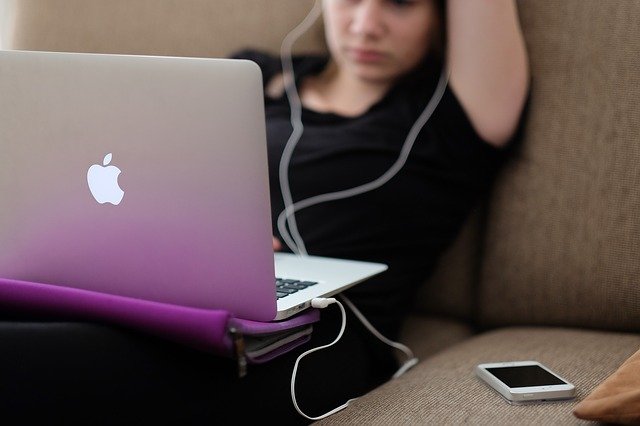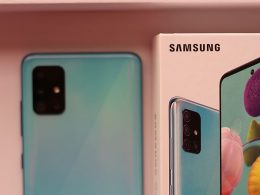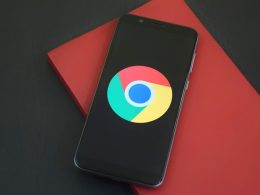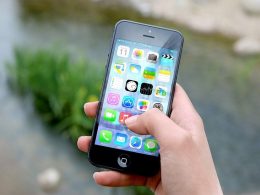Apple has agreed to pay out $113 million to settle a lawsuit filed by 34 US states, and the District of Columbia, over allegations that the tech giant throttles older models of its iPhones when their batteries aged. The lawsuit and surrounding controversy have been dubbed “battery gate”, and the company is accused of intentionally misleading its customers in order to sell more recent iPhone models.
Apple however denies any wrongdoing, saying the $113 settlement is no admission of guilt and should not be misconstrued as indicative of any legal offenses.
Arizona, Arkansas, and Indiana among the other states accuse Apple of forcing customers to purchase newer models of iPhones when the batteries of their existing iPhones begin to slow down or the operations of their older phone models begin to lag. The plaintiffs allege that the tech giant relied on “unfair and deceptive acts and practices” to potentially sell millions of devices annually in a dubious manner.
“Big Tech must stop manipulating consumers and tell them the whole truth about their practices and products,” Attorney General Mark Brnovich said in a statement. “I’m committed to holding these Goliath technology companies to account if they conceal the truth from their users.”
This $113 million settlement is different from another $500 million which Apple has agreed to pay to iPhone customers who filed a class-action lawsuit in the US against the company. The tech company agreed to pay the money to the customers and this translates to about $25 per eligible iPhone. For the latest $113 million settlement, Apple insists the payment is not an admission or concession to any offense.
“Nothing contained herein may be taken as or construed to be an admission or concession of any violation of law, rule, or regulation, or of any other matter of fact or law, or of any liability or wrongdoing, all of which Apple expressly denies,” Apple wrote. “No part of this judgment, including its statements and commitments, shall constitute evidence of any liability, fault, or wrongdoing by Apple.”
In reference to the allegation of throttling phone performance when batteries get low or begin to decline in output as a result of age, Apple said it intentionally reduced the performance of phones to correspond to the level at which the battery can perform in the overall best interests of iPhone customers.
“We have never – and would never – do anything to intentionally shorten the life of any Apple product, or degrade the user experience to drive customer upgrades,” Apple stated when the problem first broke. “Our goal has always been to create products that our customers love, and making iPhones last as long as possible is an important part of that. We know that some of you feel Apple has let you down. We apologize.”
Source: 9to5mac.com









